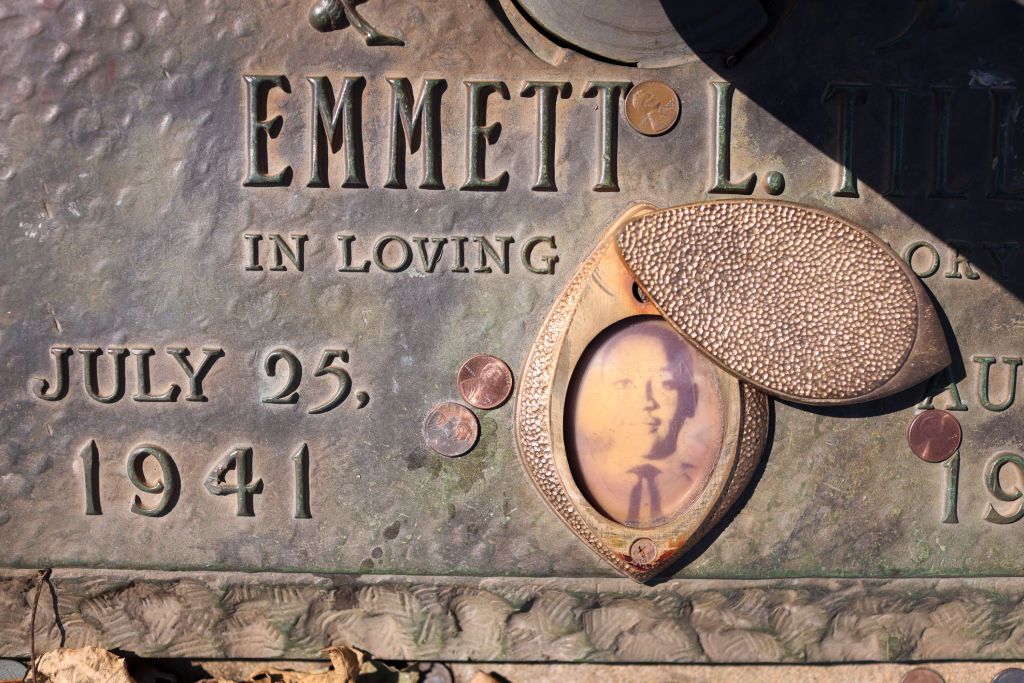Can Felons Vote? Florida GOP Attacks Restored Rights Of Ex-Convicts
Florida Jim Crow Republicans Try Restricting Felon Voting Rights To Keep Power
Florida Republicans, seeking to keep power in the swing state, were doing everything they could to restrict the voting rights of felons that were restored under a constitutional amendment in November.
See Also: Here’s What Happened In Alabama When Voting Rights Were Restored To Ex-Felons
On Tuesday, the GOP-controlled Florida House Criminal Justice Committee planned to consider a bill that would create new obstacles to voting for felons who served their sentence, the Orlando Sentinel reported. That was in spite of the overwhelming passage of Amendment 4 that voting rights advocates said was self-implementing and needed no new legislation.
The amendment went into effect in January. That prompted scores of felons in the Sunshine State to rush out at the start of the year to take advantage of their restored voting rights by registering to cast ballots. But the state’s newly elected GOP Gov. Ron DeSantis was raining on their parade.
DeSantis — who opposed Amendment 4, which was approved by 64.6 percent of Florida voters — warned in December that state legislation was needed before the felons could register. He said it should not go into effect until lawmakers pass “implementing language” that he approves.
The governor would likely benefit in future elections from the proposed restrictions. DeSantis won a narrow victory in November against Andrew Gillum, the African-American former mayor of Tallahassee, in an election that included evidence of suppression against Black voters.
Up to 1.4 million felons—disproportionately African-American—regained their right to cast a ballot under the referendum, reversing an 18th-century law that made it nearly impossible for felons to vote after serving their time in prison.
Florida, which banned more felons from voting than any other state, was blocking 21.5 percent of African-Americans from casting ballots, achieving the goals of felony disenfranchisement laws that were historically intended to reduce Black voting power.
Under the proposed legislation, the bill requires that court fines, fees and other “financial obligations” such as civil court judgments would have to be paid off in full before voting rights are restored.
It would also expand the definition of sex offenses and murder to increase the number of felons who fall under those categories. The amendment excluded sex offenders and murderers from the automatic restoration of voting rights.
The bill “is an affront to Florida voters,” said Kirk Bailey, political director for the ACLU of Florida, who told the Sentinal that it was “overbroad, vague, [and] thwarts the will of the people … This is exactly what we were worried about from the beginning.”
Looking ahead to the 2020 elections, there’s plenty of reason for Republicans to stay awake at night worrying about the potential political impact of Amendment 4. With voting rights restored, an estimated 258,060 felons would likely register as Democrats and just 46,920 would join the Republican Party, according to a study reported by the Sentencing Project.
SEE ALSO:
Democrats Investigate Brian Kemp’s Jim Crow Voter Suppression Tactics Ahead Of 2020 Elections
Fear Of Becoming Minorities Drove These White People To Sue For Voting Rights
















